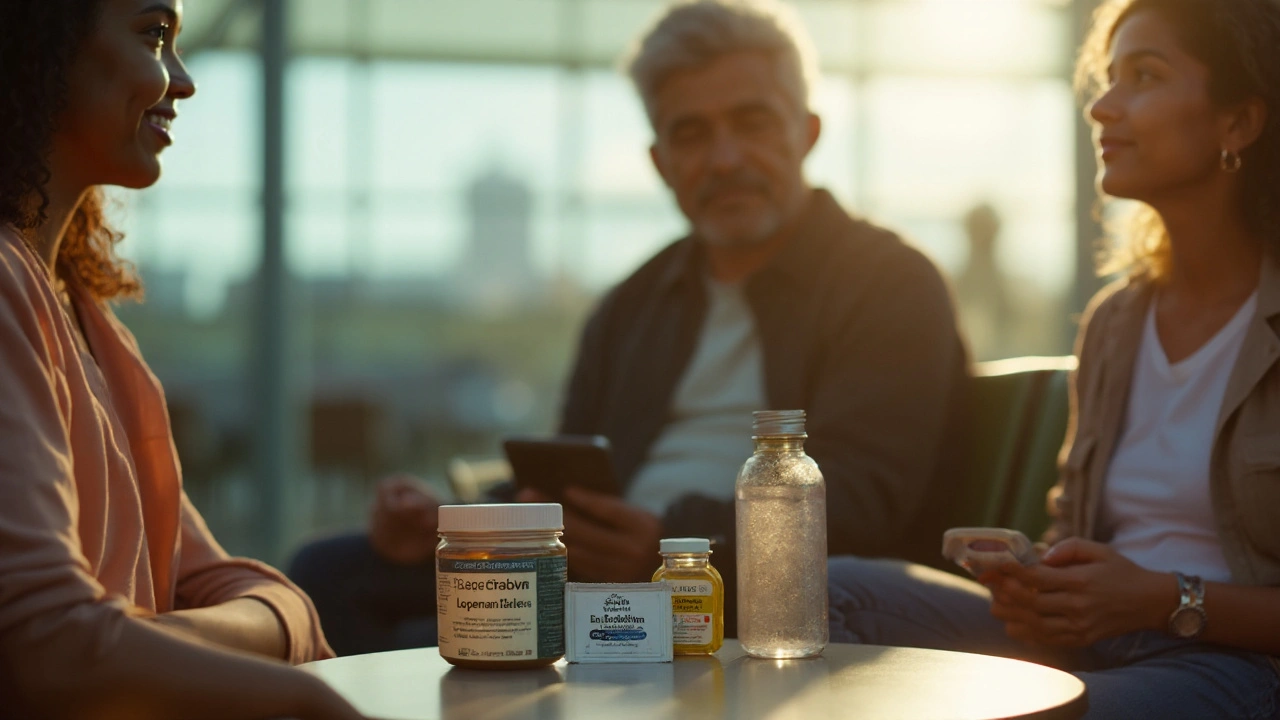Travelers' Diarrhea: What to Do Before, During, and After Your Trip
Got a stomach that flips after a flight? You’re not alone. Travelers' diarrhea hits millions each year, but you can dodge it with a few simple steps.
Prevent it before you leave
Start with the basics: wash your hands often, especially before eating. If soap isn’t handy, a hand sanitizer with at least 60% alcohol works fine. Choose food that’s been cooked hot and served fresh. Skip raw salads, unpeeled fruit, and street‑vendor drinks that might not be filtered. When you do drink, stick to bottled or boiled water and avoid ice cubes unless you know they’re from safe sources.
Pack a small travel health kit. Include oral rehydration salts (ORS), an over‑the‑counter anti‑diarrheal like loperamide, and a short course of antibiotics such as azithromycin if your doctor recommends it. Having these items on hand means you won’t scramble for meds when symptoms hit.
Treat it when it strikes
If you notice loose stools, cramps, or nausea, begin rehydration right away. Sip water mixed with a pinch of salt and sugar, or use ORS packets. Small, frequent sips beat large gulps—your body absorbs fluids better that way.
For mild cases, loperamide can slow the gut and reduce stool frequency. Take the first dose as directed, then follow up with the recommended amount after each loose stool, but never exceed the daily limit. If you have a fever above 101°F (38.3°C), blood in your stool, or symptoms lasting more than three days, it’s time to see a doctor.
When a doctor prescribes antibiotics, start them within the first 24‑48 hours of symptoms. This short course can cut the illness short and prevent complications. Remember, antibiotics aren’t needed for every case—only for severe or persistent infections.
While you recover, stick to a bland diet: bananas, rice, applesauce, and toast (the BRAT diet). Avoid dairy, caffeine, spicy foods, and alcohol until you’re back to normal.
After the episode, give your gut a break. Probiotic supplements or yogurt with live cultures can help restore good bacteria. Hydration remains key—keep sipping fluids for a couple of days even after the last loose stool.
Traveling should be about exploring, not staying in the bathroom. By washing hands, choosing food wisely, and carrying a basic health kit, you dramatically lower the odds of getting sick. If you do get travelers' diarrhea, act fast with rehydration, appropriate meds, and medical help when needed. Safe trips and happy stomachs!

Loperamide for Diarrhea Prevention: Can You Use It Safely in 2025?
- Aug, 31 2025
- Daniel Remedios
- 11 Comments
Thinking about taking loperamide to prevent diarrhea? Here’s what actually works, when to use it, when to avoid it, and smarter prevention options for travel in 2025.
